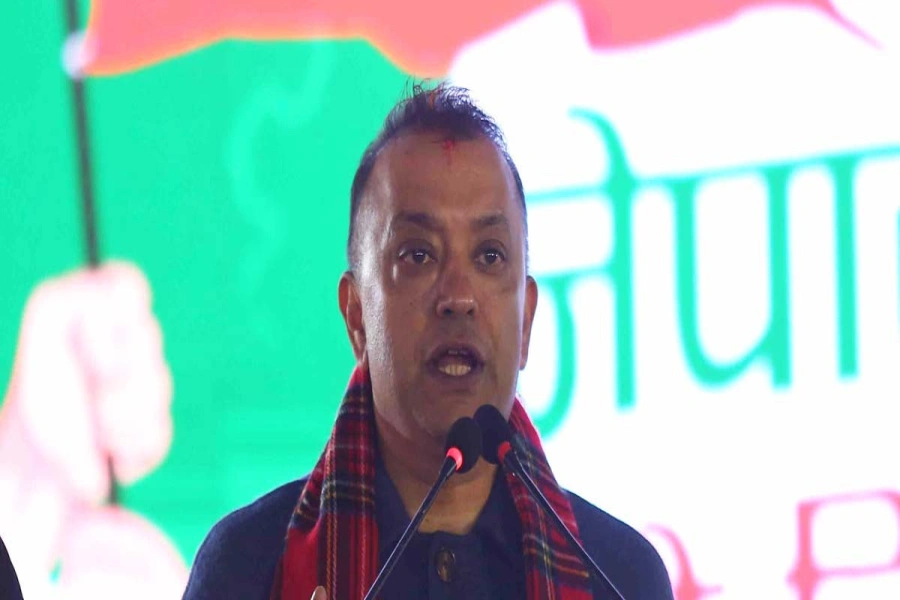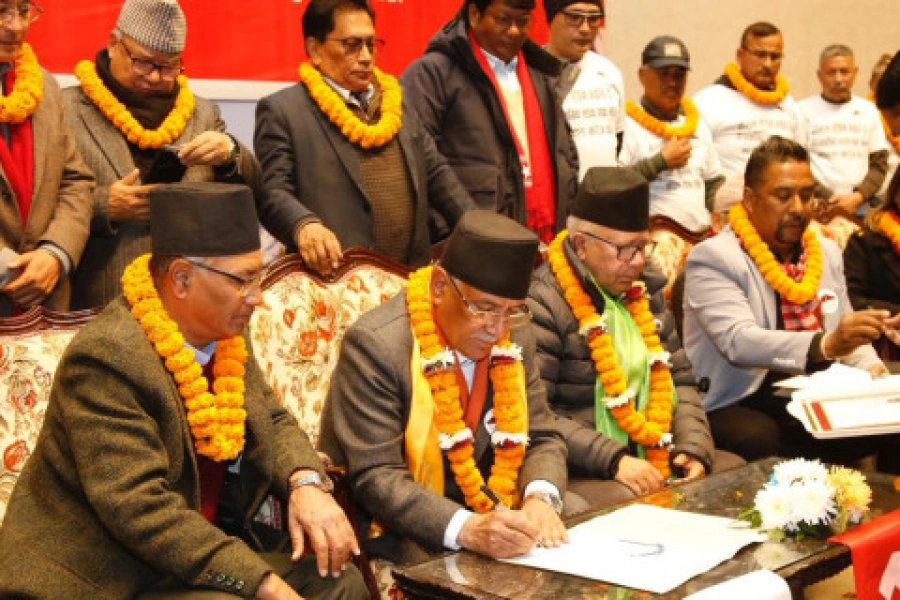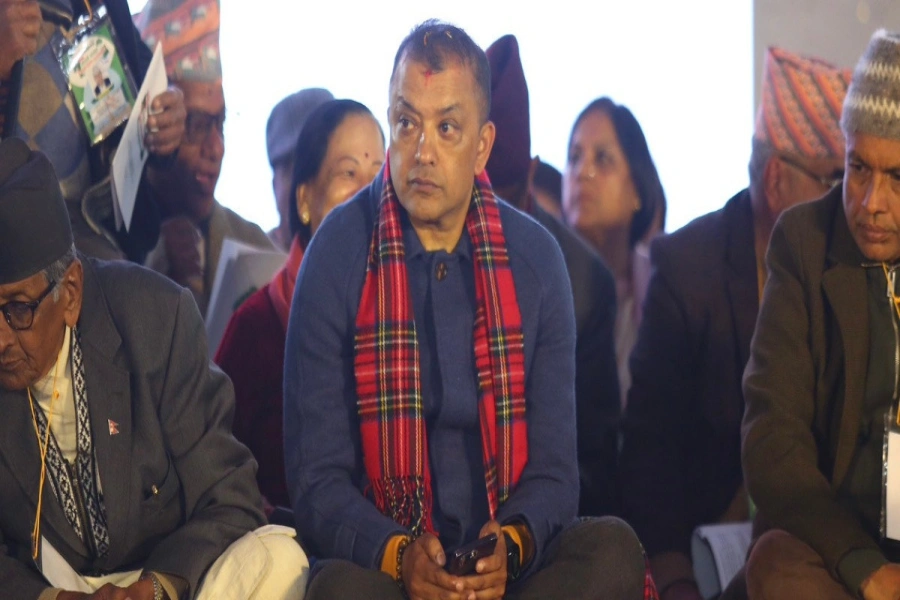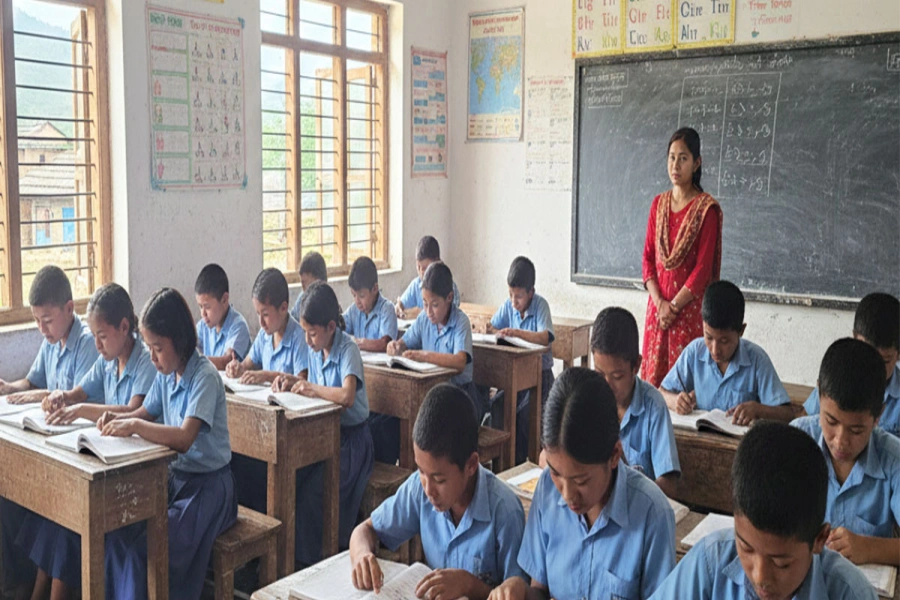Nepal and Bangladesh held a meeting for cross-border electricity trade on Thursday. This is an icebreaker on the frontline negotiation towards the power trade deal with the third country, apart from India. After Bangladesh formally approached Nepal asking to fix the electricity tariff rates last month, the Himalayan country has proposed to provide electricity produced in Nepal at the tariff between Rs 8.96 per unit and Rs 9.28 per unit. The rates are closer to the ones Nepal has been selling its electricity to its southern neighbor, India. Although the talks with Bangladesh in this regard went inconclusive, the officials of the Nepal Electricity Authority (NEA) are elated with the progress made towards conducting the bilateral electricity trade. The NEA Managing Director Kulman Ghising has informed that an agreement was reached between the two countries to export electricity to Bangladesh from the upcoming rainy season.
Bangladesh is keen to purchase electricity from Nepal, which has become a power surplus country in recent years. Although Bangladesh said it will purchase only 40 MW from Nepal right now, it is a positive step towards harnessing bilateral economic relationships between the two SAARC countries. Nepal, in turn, is eager to expand its cross-border energy trade beyond India, with Bangladesh offering a new market for its excess power. Nepal currently produces 2,800 MW of electricity per day and aims to generate 5,000 MW of electricity by 2026. The surplus production of electricity provides an opportunity for Nepal to tap into the growing energy market in the region. As both the countries have been eagerly anticipating a breakthrough in cross-border energy trading during the upcoming rainy season, the bilateral energy talk is significant for both the countries, offering an opportunity to explore new avenues for cross-border energy trade.
Cooperation for trade

Currently, Nepal and Bangladesh have agreed to use Dhalkebar-Muzaffarpur 400 kV international transmission line and Baharampur-Bheramara transmission line between India and Bangladesh to export electricity from Nepal. Both countries should find long term solutions to avoid any possible hurdles on infrastructure in future. The proposed dedicated transmission lines via Indian land could serve as a reliable means for long-term electricity trade between Nepal and Bangladesh.
Bangladesh, in its strategic plan, aims to purchase 9,000 MW of electricity from Nepal by 2040. As per the reports, Bangladesh's demand for electricity is expected to reach 34,000 MW by 2030, up from the current level of around 23,000 MW. With its limited domestic energy resources, Bangladesh has been relying heavily on imported fossil fuels, which not only affects its energy security but also contributes to its carbon emissions. The energy cooperation between Nepal and Bangladesh can also promote regional cooperation and integration. This is important in light of the fact that Bangladesh aims to reduce its carbon emissions by 22 percent by 2030, and the potential purchase of hydroelectric power from Nepal would be a step towards achieving that goal.
The South Asian country, which is in pursuit of clean energy, has expressed its interest in investing in some important projects in Nepal as well. The power-hungry country has started work-out to invest in the 683 MW Sunkoshi 3 Hydropower Project. Likewise, it has started talks with authorities concerned to purchase 500 MW of electricity to be produced by the 900MW Upper Karnali Hydropower Project in western Nepal. Therefore, by promoting cross-border energy trade, Nepal and Bangladesh can contribute to regional economic integration and promote regional stability. The development of a regional energy market could bring significant benefits, including greater energy security and reduced carbon emissions. This could also provide opportunities to both the countries having a large percentage of poverty-stricken people to thrive by achieving higher economic growth rates.




































